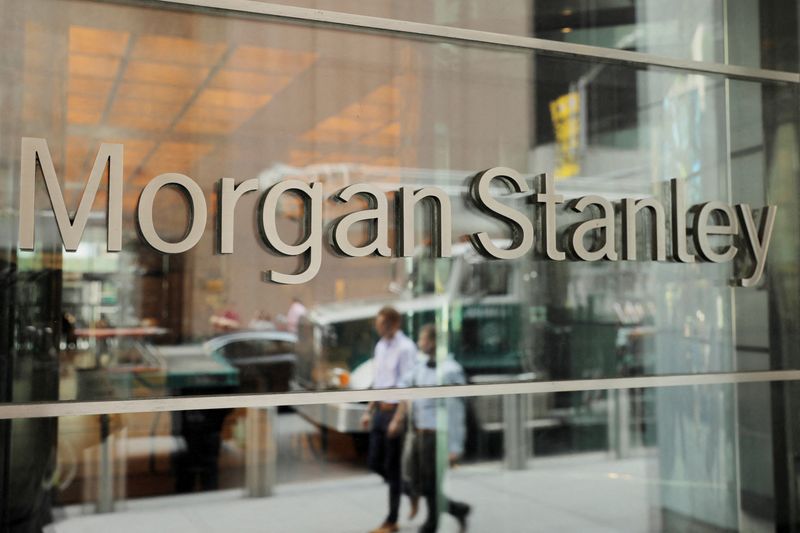In the realm of financial markets, the debate over what factors influence market movements most significantly is a constant source of discussion. From geopolitical events to economic indicators, traders and investors are always seeking insights to understand market behavior. One prominent entity that holds influence in the financial sphere is the business cycle. The business cycle, characterized by alternating periods of expansion and contraction in economic activity, plays a vital role in shaping market trends and investor sentiment.
Morgan Stanley, a global financial services firm, advocates the notion that the business cycle should carry more weight in influencing markets than political events such as elections. The rationale behind this perspective lies in the fundamental relationship between economic cycles and market performance. The business cycle encompasses various stages, including expansion, peak, contraction, and trough, each of which exerts distinct effects on financial markets.
During the expansion phase of the business cycle, economic activity is on the rise, leading to increased corporate profits, job creation, and consumer spending. As a result, equity markets tend to experience growth, with stock prices reflecting positive sentiment and investor optimism. Companies often thrive during this period, driving stock valuations higher and fostering a bullish market environment.
Conversely, the contraction phase of the business cycle, characterized by economic slowdown and declining growth rates, typically translates into volatility and uncertainty in financial markets. Investors become more risk-averse, leading to sell-offs in stocks and other risky assets. During this phase, market participants tend to adopt a defensive stance, seeking safe-haven assets or defensive sectors to protect their portfolios from economic downturns.
The ability to anticipate and navigate through different phases of the business cycle is crucial for investors aiming to optimize their portfolio returns. Market participants who align their investment strategies with the prevailing stage of the economic cycle stand a better chance of capitalizing on market opportunities and minimizing losses during turbulent times.
While the business cycle provides a valuable framework for understanding market dynamics, it is essential to acknowledge the interconnectedness of political events and economic cycles. Elections, geopolitical tensions, and policy decisions can significantly impact market sentiment and performance, often influencing investor behavior and market outcomes.
In conclusion, while political events such as elections can trigger short-term market fluctuations, the business cycle’s enduring impact on market movements cannot be understated. By recognizing the cyclical nature of economic activity and its implications for financial markets, investors can make informed decisions, optimize their portfolios, and navigate the complexities of the investing landscape with greater clarity and confidence.



